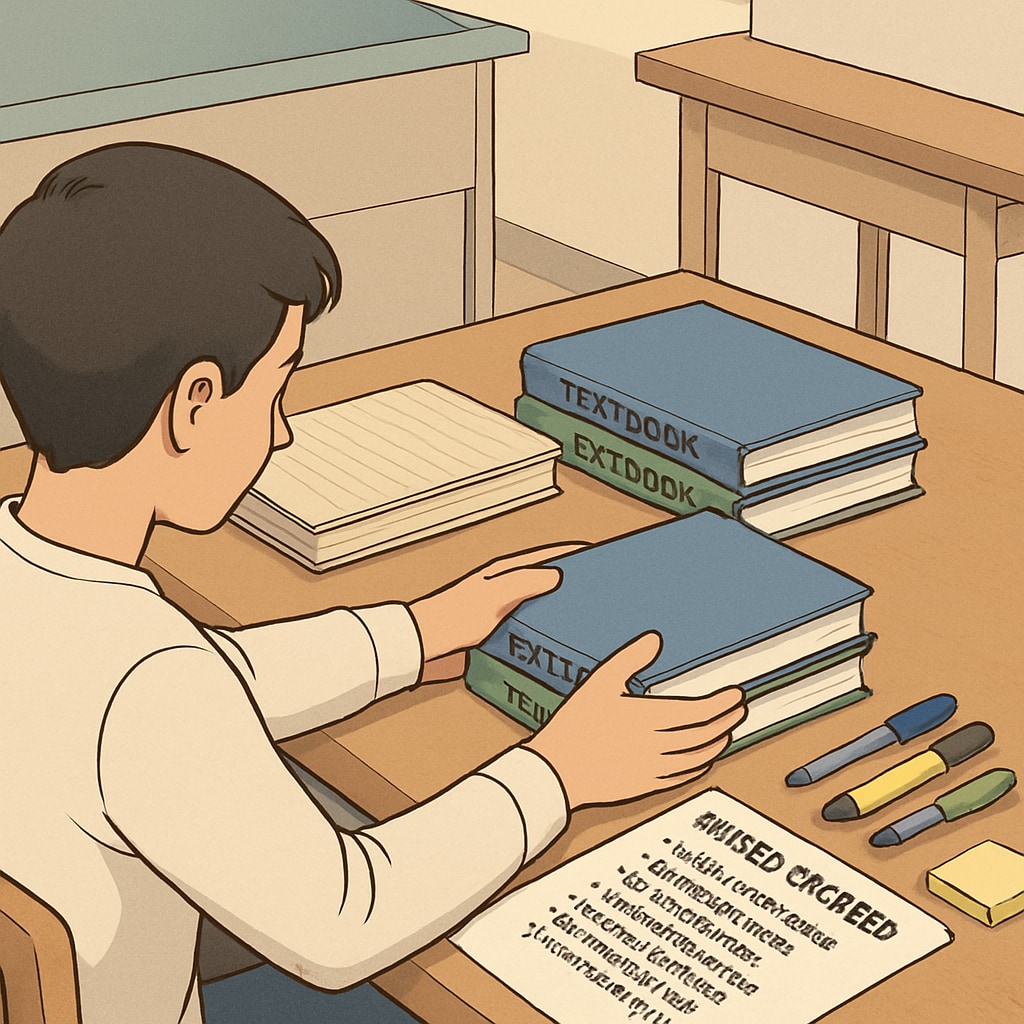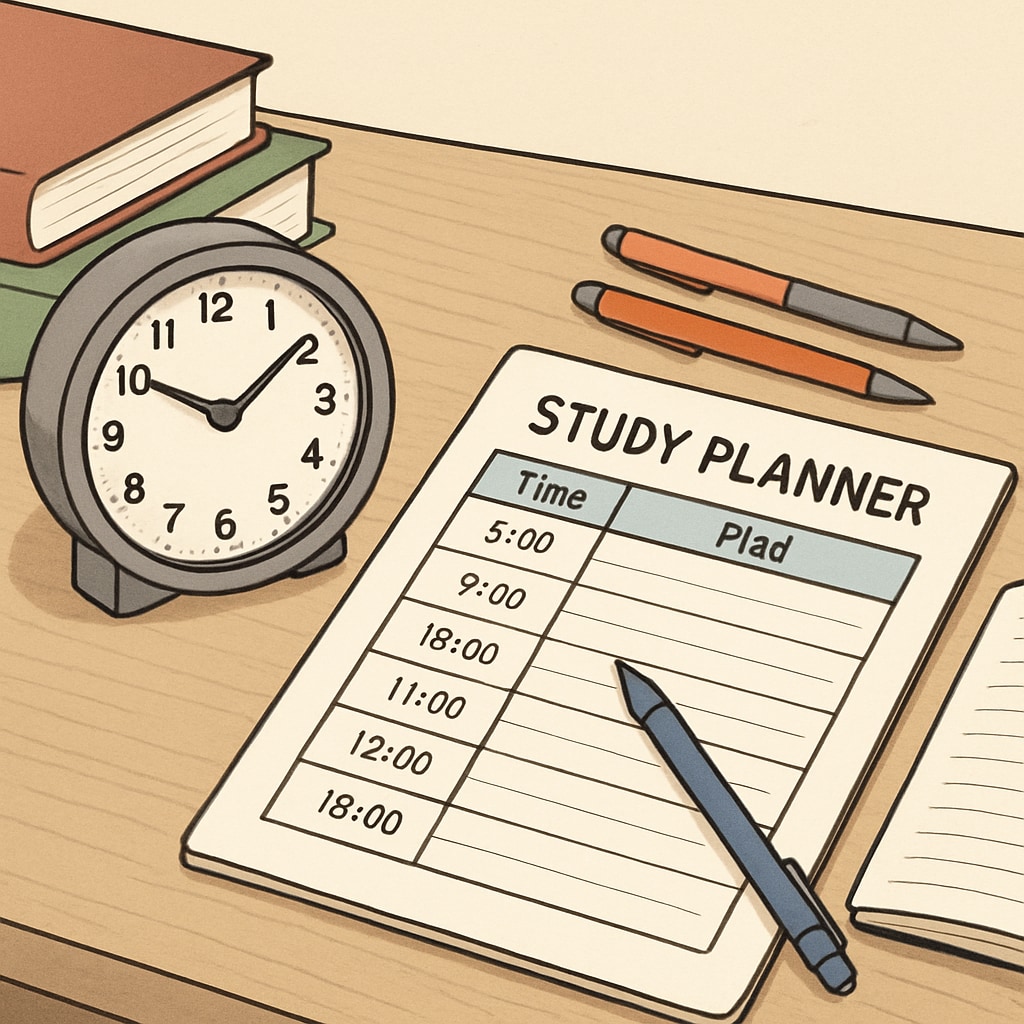For students pursuing a BSc in Physics, backlogs in multiple courses can be a serious challenge. Limited time and resources often add to the difficulty, creating pressure to balance academic responsibilities effectively. This article explores actionable strategies to address backlogs in physics, focusing on efficient time management, exam preparation, and resource utilization to help students tackle their academic challenges confidently.
Prioritizing Backlogs: Identify and Categorize
The first step in clearing backlogs is identifying and categorizing the tasks at hand. Begin by listing all pending coursework or exams in order of urgency and importance. Group these into categories, such as “high priority,” “medium priority,” and “low priority.” High-priority tasks typically include upcoming exams or assignments with strict deadlines, while low-priority tasks may be concepts you can revisit later.
Once prioritized, set clear objectives for each category. For example, if an exam is approaching, focus on understanding key concepts rather than attempting to memorize every detail. This focused approach prevents wasting time on less relevant topics.

Optimizing Time Management for Maximum Efficiency
Time management plays a pivotal role in overcoming academic backlogs. Start by creating a detailed schedule that allocates specific time slots for study sessions, breaks, and relaxation. Use tools like digital calendars or time-blocking apps to plan your day efficiently.
Here are some tips for effective time management:
- Set SMART Goals: Ensure study objectives are Specific, Measurable, Achievable, Relevant, and Time-bound.
- Break Down Tasks: Divide complex topics into manageable chunks to reduce mental fatigue.
- Use the Pomodoro Technique: Study in focused intervals (e.g., 25 minutes) followed by short breaks to maintain productivity.
- Limit Distractions: Create a dedicated study space free from interruptions to stay focused.
Additionally, prioritize time for self-care, as maintaining physical and mental health is essential for sustained productivity.

Leverage Learning Resources Effectively
With limited time, choosing the right learning resources can significantly boost your preparation. Instead of relying solely on textbooks, explore supplementary materials tailored to your needs. These may include:
- Online Tutorials: Platforms like Khan Academy and Coursera offer physics courses that simplify complex topics.
- Video Lectures: YouTube channels like “Physics Girl” and “MinutePhysics” provide engaging explanations of key concepts.
- Practice Tests: Solve past papers and mock exams to familiarize yourself with question patterns.
- Peer Study Groups: Collaborate with classmates to share knowledge and clarify doubts.
Combining multiple resources ensures a well-rounded understanding of the subject while saving valuable time.
Adopt Active Learning Techniques
Passive learning methods, such as reading without engagement, often lead to limited retention. To overcome this, opt for active learning techniques, including:
- Self-Testing: Quiz yourself on key concepts to identify areas that require improvement.
- Concept Mapping: Visualize connections between topics to simplify complex ideas.
- Teaching Others: Explaining concepts to peers reinforces your own understanding.
- Real-World Applications: Relate physics principles to practical scenarios to enhance comprehension.
Active learning promotes critical thinking and helps retain information more effectively, which is crucial when preparing for exams in a limited timeframe.
Maintaining Motivation and Overcoming Burnout
Finally, staying motivated is key to clearing backlogs. Long study hours and academic pressure can lead to burnout, so it’s essential to incorporate strategies to keep your energy levels high:
- Celebrate Progress: Reward yourself for completing study goals, no matter how small.
- Set Realistic Expectations: Avoid overloading yourself with an unrealistic workload.
- Stay Positive: Focus on your achievements rather than dwelling on setbacks.
- Seek Support: Don’t hesitate to reach out to mentors or friends for guidance and encouragement.
Remember, overcoming backlogs is a gradual process. With consistent effort and strategic planning, students can achieve their academic goals and regain confidence in their abilities.
Readability guidance: Use short paragraphs and lists to summarize key points. Incorporate transition words to ensure smooth flow between ideas. Maintain a balance between actionable advice and motivational tips to keep readers engaged.


